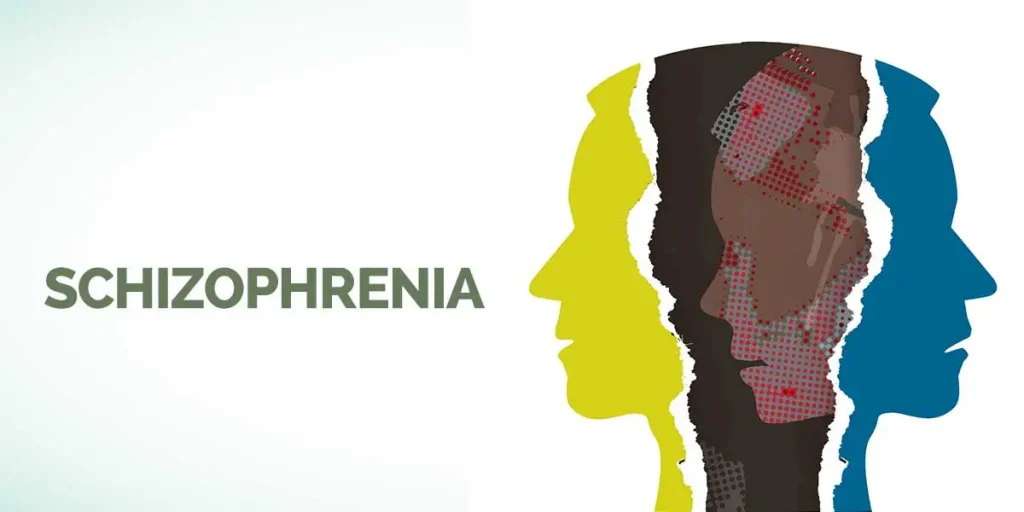Introduction:
Catatonic schizophrenia symptoms can vary widely, but these unique signs primarily involve motor disturbances and altered behavioral states. Recognizing these symptoms is crucial for understanding the complexity of this condition and providing effective support. Here, we outline seven key symptoms of catatonic schizophrenia, shedding light on this rare but impactful mental health condition.
Understanding Catatonic Schizophrenia Symptoms
Catatonic schizophrenia is characterized by significant motor dysfunction, including rigidity, immobility, or, conversely, erratic and excessive motor activity. Although this subtype is less common, it often requires specialized care and attention to meet the specific needs of individuals affected by these symptoms. The symptoms of catatonic schizophrenia may be severe and can impact daily functioning, making it essential for family members, friends, and mental health professionals to recognize and understand these signs.
For those seeking the best Schizophrenia treatment, consider visiting:

1. Motor Immobility
One of the hallmark catatonic schizophrenia symptoms is motor immobility, also known as catalepsy. This can manifest as a rigid, fixed posture that the individual may maintain for extended periods, sometimes even hours or days. They may appear “frozen” in position, displaying little to no response to external stimuli. This symptom can be distressing to witness and challenging to manage without proper intervention.
2. Excessive Motor Activity
At the opposite end of the spectrum, some individuals with catatonic schizophrenia may exhibit excessive motor activity. This is characterized by restless, repetitive movements that seem purposeless. For example, they may pace back and forth continuously or repeat a specific movement. This symptom is unpredictable and can occur without any apparent trigger, often making it difficult for caregivers and loved ones to manage.
3. Mutism
Mutism, or the refusal or inability to speak, is another common symptom of catatonic schizophrenia. During episodes of mutism, the individual may become non-responsive, making it difficult for others to communicate with them. This symptom can be particularly challenging in social and family settings, as it may create communication barriers that hinder care and support.
4. Echolalia and Echopraxia
Echolalia and echopraxia are symptoms where the individual mimics the words or actions of those around them. Echolalia refers to the repetition of words spoken by others, often in a robotic or involuntary manner. Echopraxia, on the other hand, involves mimicking another person’s gestures or movements. These catatonic schizophrenia symptoms may cause confusion in social situations, as they can appear to be intentional rather than involuntary.
5. Stupor
Stupor is a state of near-unconsciousness where the individual remains immobile and unresponsive. In this condition, they may seem withdrawn from their surroundings, showing limited to no reaction even to intense stimuli. Stupor in catatonic schizophrenia can last for varying durations, and it often requires specialized intervention to ensure the individual’s safety and well-being.
6. Waxy Flexibility
Waxy flexibility is a unique symptom where the individual’s limbs can be positioned by someone else, and they will maintain the new position for a prolonged period. For example, if someone lifts their arm, it will remain in that position without resistance. This unusual characteristic is associated with catatonia and is often a defining sign of catatonic schizophrenia symptoms.
7. Negativism
Negativism in catatonic schizophrenia manifests as a resistance to instructions or a complete lack of responsiveness to external prompts. This can range from simple refusal to follow directions to active resistance against movement or positioning by others. Negativism can make treatment and caregiving challenging, as individuals may resist even basic assistance or medical care.
How Catatonic Schizophrenia Symptoms Affect Individuals and Caregivers
Catatonic schizophrenia not only affects the person diagnosed but also presents challenges for caregivers, family members, and mental health professionals. Due to its complex symptoms, it often requires a coordinated approach to treatment, involving mental health experts who are trained in managing severe motor and behavioral symptoms. Family members and loved ones play a crucial role in identifying early symptoms, providing support, and advocating for appropriate care.
When to Seek Help
If you or someone you know shows signs of catatonic schizophrenia symptoms, it’s essential to consult a mental health professional for an accurate diagnosis and appropriate intervention. Although the symptoms of catatonic schizophrenia may seem daunting, professional guidance can help manage the condition and improve quality of life.
Resources and Further Reading
For further information on schizophrenia and mental health resources, consider consulting the following authoritative sources:
Conclusion
Catatonic schizophrenia symptoms present a set of unique challenges that can be difficult to understand without proper information. Recognizing these symptoms is a first step towards empathy, support, and effective care. By increasing awareness of these key signs, society can contribute to the well-being of individuals affected by this challenging condition.

